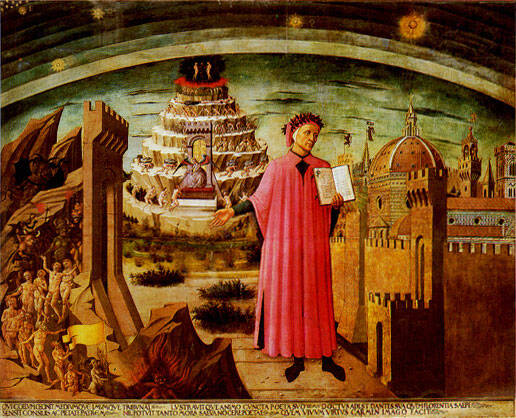At her blog at the Catholic News Agency, Sr. Joan L. Roccasalvo, C.S.J., offers an eloquent defense of Catholic education, as well as literature and poetry. An excerpt:
Our students should be encouraged to make solid and uplifting books their close and constant companions. Reading and memorizing poetry jog the mind. Reading frames our thoughts and values. It makes our world grow larger. Children should begin reading the classics at their own level. When they are in the early grades, children in Italy read a simplified version of Dante’s Divine Comedy. As they mature, they read Dante in the original.Memorizing poetry, presented in an attractive way, can be enjoyable as well as intellectually stimulating. I recommend reading an article in the New York Times (August 3, 2014) entitled, “The Case for Bribing Kids to Memorize Poetry” by Kate Haas. She remains unapologetic for bribing her young son to memorize the classics—Shakespeare, Keats, Tennyson, and many other poets. The author ends her essay on this note: “Educators and writers still make the case for memorizing poetry: It teaches rhythm, improves vocabulary and instills a sense of ownership in kids.”
Well said. See here for the rest.








